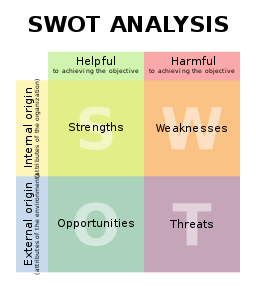How to become strong?
Everyone starts as a rookie in their field but how some selective people reach the top and others disappear in the crowd?
While thinking about it, I remembered two different stories from different eras but both are part of a war.
The first story is about famous Achilles from Iliad. He is considered as one of the greatest hero in greek mythology. When he was a child, his mother dipped him in the river Styx which is supposed to give the powers of invulnerability. She dipped him by holding his feet and apart from his feet all other parts of his body became invulnerable.
He became a fearsome warrior and known for greater victories. In Greek Mythology, when he entered the Trojan War, he did amazing things but got killed by a wound to his heel which is the only vulnerable part in his body.
The second story is from World War 2, in which SRG(Statistical research group), a research group at Columbia University helped the Army to fix the military problems. One of the encountered problem was, increasing the armor for planes. The data was collected from the planes returned from fight. The planes had maximum shots on fuselage. So the Miltary wanted to strengthern those parts where the planes got hit heavily.
But Abrham Wald, a member of SRG proposed a different solution, to increase the armor around the engine which had the least hits. He explained further that the data derived is from the planes returned and not included the planes lost in the fight. There is a fair chance that the engine part is weakest and the planes get hit in the engine may not be able to return but others returned. In other words, you can find people who get hit in hands and legs in the wards but not the people who are shot in the head.
What these two stories tells us? Becoming strong is not on focusing our strengths but to strenghthern our weak points.
People who do that from the early stage, self analyse themselves and turn their weakness into strength. So when the opportunity hits, they can utilize it without a second thought.
But vast majority of people don't want to discuss about the weakness. They hate to accept the weakness and try to cover it. In initial stages, it is even possible but later one may not even able to recover from it and it may cause serious troubles in both personal and professional lives.
When we think, if we accept something as our weakness, the society will look down on us, we accept the fear of rejection and let it ruin our chance to fix it permenantly.
So I think the first point in becoming great in any field is accepting that we are not great but trying to become one, by fixing our weakness one after another.
There is a Chinese Proverb which goes as
"He who asks a question is a fool for five minutes; he who does not ask a question remains a fool forever."
